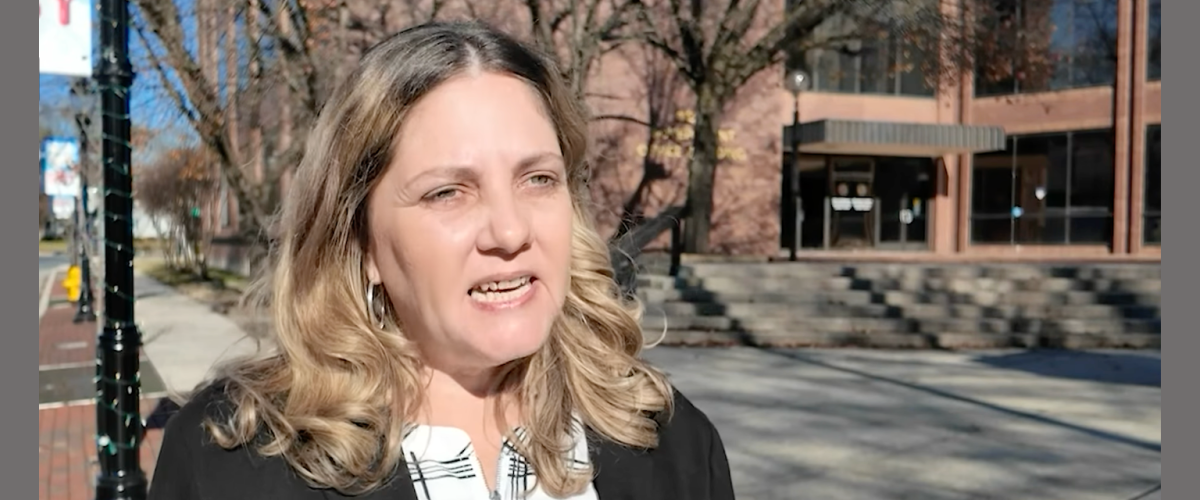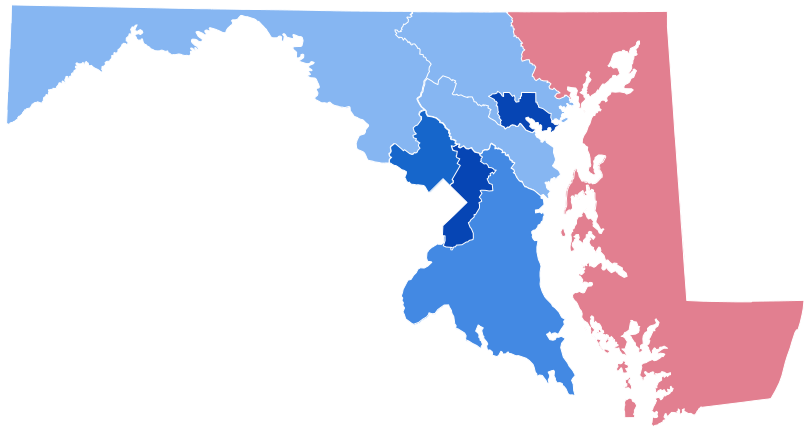How to Vote: A Quick and Easy Guide

How to Vote: A Quick and Easy Guide
by Asia Fields
ProPublica is a Pulitzer Prize-winning investigative newsroom. Sign up for The Big Story newsletter to receive stories like this one in your inbox.
Series: The Right to Read
Examining the Toll of America’s Literacy Crisis
Voting is a right.
You do not have to prove you can read or write to vote.
The law says you can get help with voting if you have a disability or cannot read.
We wrote a story about how some states make it hard for people to vote.
You can watch a video about our story.
We hope this guide helps you vote.
You can call the Election Protection hotline if you need help voting.
- English speakers: Call or text 866-687-8683.
- Spanish speakers: Call 888-839-8682.
- Bengali, Cantonese, Hindi, Urdu, Korean, Mandarin, Tagalog or Vietnamese speakers: Call 888-274-8683.
- Arabic speakers: Call 844-925-5287.
The Election Protection hotline will not tell you who to vote for.
Election day is November 8.
You do not have to vote on everything.
You can just vote for what matters to you.
Can I vote?
You need to be 18 years old or older.
You need to be a citizen of the United States.
You do not need to speak English.
You do not need to know how to read.
You must sign up to vote.
You may not be able to vote if a judge convicted you of a crime.
People with intellectual disabilities can vote in most states.
You may not be able to vote if you have a guardian.
In most states, only a judge can tell you that you cannot vote because of a disability.
You can get help to protect your voting rights.
How do I sign up to vote?
You have to register to vote. To register means to sign up.
Can I vote through the mail?
You can vote through the mail if you have a disability.
Many states let all people vote through the mail.
You need to tell your state ahead of time if you want to vote through the mail.
Where do I go to vote in person?
- Find your polling place . Your polling place is where you go to vote.
- Check if you need to bring identification (ID) to vote.
An ID is a card or piece of paper that proves who you are. Some examples are:
- Driver’s license.
- Passport.
- Birth certificate.
Can I have someone help me vote?
The Voting Rights Act is a law.
It says some people can get help with voting.
You can have help with voting if you have a disability.
You can have help with voting if you cannot read.
You can have help with voting if you cannot write.
Who can help me?
You can ask almost anyone to help you.
These people can help you vote:
- Your child.
- A family member.
- A friend.
- A person working at your polling place.
These people cannot help you vote:
- Your boss.
- Your union representative.
How can they help me?
They can read you the ballot. The ballot lists all the people and issues you can vote for.
They can answer questions you have about voting.
They cannot tell you who to vote for.
They cannot look at your ballot unless you ask them to.
What if I do not speak or read English?
Some places have ballots in languages other than English.
They may have workers who speak languages other than English.
You can bring someone to help you translate.
If you cannot find someone to help you, call the Election Protection hotline.
What if someone tells me I can’t vote or can’t get help?
Call the Election Protection hotline if you have any problems voting.
- English speakers: Call or text 866-687-8683.
- Spanish speakers: Call 888-839-8682.
- Cantonese, Hindi, Urdu, Korean, Mandarin, Tagalog or Vietnamese speakers: Call 888-274-8683.
- Arabic speakers: Call 844-925-5287.
Some workers may not know that you are allowed to have someone help you vote.
Tell them the Voting Rights Act says you can have help.
It is a crime for someone to intimidate you.
Intimidate means they say or do things that scare you to try to stop you from voting.
We want to know if you have problems voting.
You can leave a message for ProPublica at 212-379-5781.
How do I vote in person?
You may have to wait in line to vote.
Your polling place may close while you wait in line.
If you are in line, you can vote after your polling place closes.
Let the workers know if you brought someone to help you.
The workers may ask you to sign a form.
The form says you need help to vote.
You can ask a worker to help you vote.
Some polling places use voting machines.
Some machines will read your ballot to you.
You push buttons to vote.
Ask a worker about this type of voting machine if you need one.
How do I turn in my mailed ballot?
Your ballot says how to turn it in.
You can have someone else turn in your ballot for you in most places.
Some states do not let other people turn in your ballot for you.
Find out if your state lets other people turn in your ballot.
Call the Election Protection hotline for help.
Common Sense for the Eastern Shore







